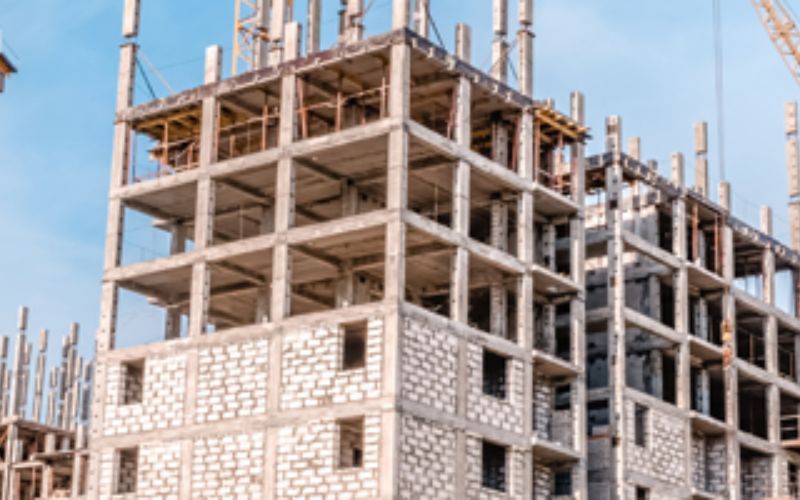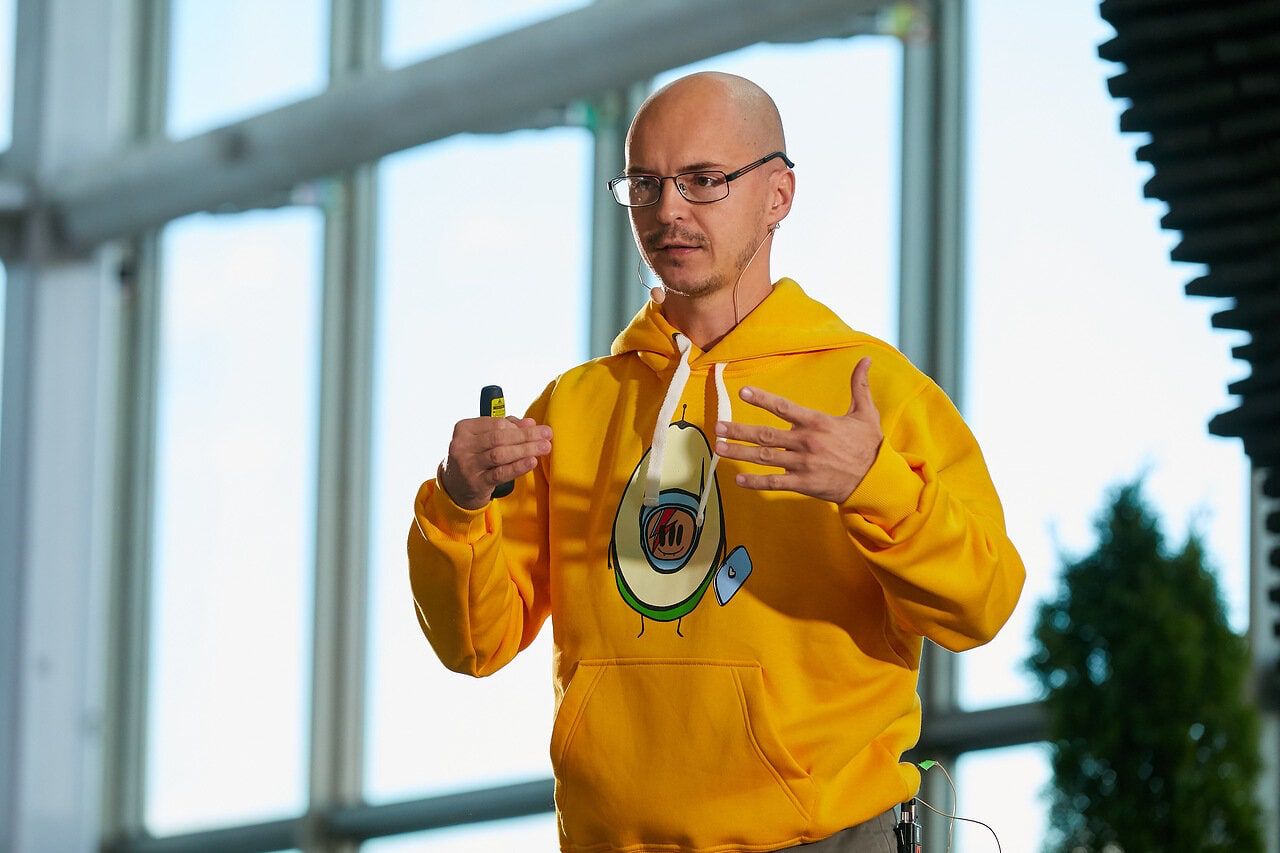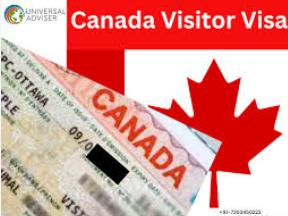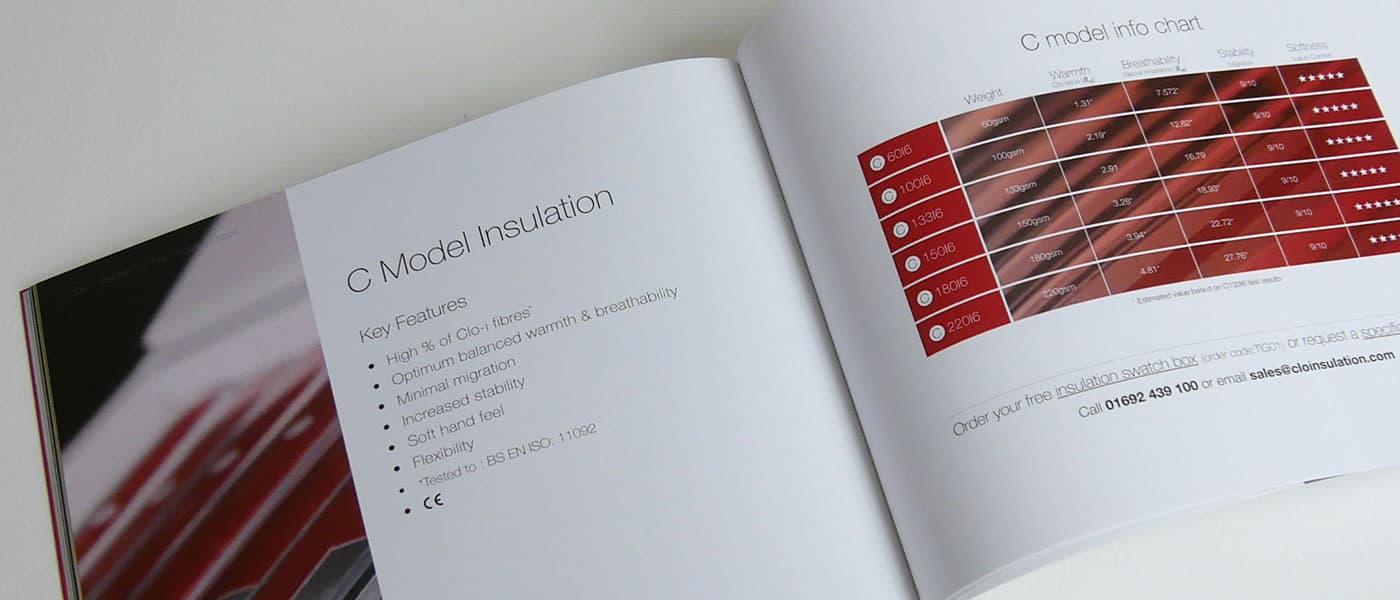When applying for a US visa, it’s common to have many questions about the process. In this comprehensive guide, we answer the most frequently asked questions, ensuring you have all the information you need to successfully navigate the US visa application process. Whether you’re looking for details on types of visas, requirements, or processing times, we’ve got you covered. From understanding the steps to gathering the right documents, this guide addresses the key concerns of many travelers. US VISA FAQ
- What is a US Visa?
A US visa is an official document issued by a US consulate or embassy that allows foreign nationals to enter the United States for a specified purpose. The visa is stamped or attached to your passport and indicates the visa type, duration, and number of allowed entries.
- What are the Different Types of US Visas?
There are two primary categories of US visas:
- Nonimmigrant Visas: These are for people who want to visit the US temporarily for tourism, business, medical treatment, study, or work. Some common nonimmigrant visas include:
- B-1/B-2 Visa: For business and tourism purposes.
- F-1 Visa: For students.
- H-1B Visa: For skilled workers in specialized fields.
- Immigrant Visas: These are for individuals seeking permanent residency in the US, such as through family sponsorship or employment. Examples include:
- IR1/CR1 Visa: For spouses of US citizens.
- EB-1 Visa: For priority workers like executives, researchers, and outstanding professors.
- How Do I Apply for a US Visa?
The process of applying for a US visa generally involves the following steps:
- Determine the type of visa you need (nonimmigrant or immigrant).
- Complete Form DS-160 for nonimmigrant visas or Form DS-260 for immigrant visas.
- Pay the visa application fee as specified for your visa type.
- Schedule an interview at a US consulate or embassy.
- Attend the interview and provide all necessary documents, including your passport, application form, fee receipt, and additional paperwork depending on the visa type.
- How Long Does It Take to Get a US Visa?
The processing time for a US visa depends on the type of visa and the volume of applications at the embassy or consulate where you apply. For most nonimmigrant visas, processing typically takes several days to a few weeks. Immigrant visas may take several months due to more rigorous background checks and documentation requirements.
Additionally, scheduling an interview can take time, especially during peak travel seasons.
- What Documents Do I Need for a US Visa Application?
The required documents for a US visa application vary depending on the type of visa you are applying for. However, the general documents include:
- A valid passport that does not expire for at least six months after your intended stay.
- Completed application form (DS-160 or DS-260).
- Proof of visa fee payment.
- A passport-sized photo that meets the US State Department’s requirements.
- Proof of financial solvency (bank statements, employment letter, etc.).
- Travel itinerary (for tourist visas).
- Invitation letter (for business or family-related visits).
Specific visa types, such as student or work visas, may also require additional documents like acceptance letters from US institutions or work contracts.
- What Happens During the Visa Interview?
During the interview, a consular officer will ask questions to determine the purpose of your visit, how long you plan to stay, and your ability to support yourself financially during your time in the US. Be prepared to answer questions clearly and concisely. US VISA APPLICATION PROCESS
Key tips for your interview:
- Dress appropriately and be punctual.
- Be honest about your travel plans.
- Bring all required documents to avoid delays or denials.
- Can My US Visa Be Denied?
Yes, a US visa application can be denied. Common reasons for denial include:
- Incomplete or incorrect information on the application form.
- Insufficient financial support or inability to prove you can fund your stay.
- Failure to demonstrate strong ties to your home country, leading to concerns that you may overstay your visa.
- Criminal history or other inadmissibility factors.
If your visa is denied, the consular officer will provide a reason, and you may be able to reapply after addressing the issue.
- How Long is a US Visa Valid For?
The validity of a US visa depends on the type of visa issued. For example, tourist visas (B-1/B-2) can be valid for anywhere from a few months to 10 years, depending on your nationality and the consulate’s decision. Work or student visas often have validity tied to the duration of the employment or academic program.
- What is the Visa Waiver Program (VWP)?
The Visa Waiver Program allows citizens from certain countries to travel to the US for tourism or business without a visa for up to 90 days. Countries such as the UK, Australia, and Japan are part of the program. Instead of applying for a visa, travelers must obtain an Electronic System for Travel Authorization (ESTA) before boarding a US-bound flight.
- Can I Extend My Stay in the US?
If you need to extend your stay in the US, you must apply to the US Citizenship and Immigration Services (USCIS) before your current visa expires. You’ll need to provide a valid reason for the extension and demonstrate you can continue to support yourself financially. Not all visa types are eligible for an extension, so be sure to check the specific rules for your visa.
- Can I Work in the US with a Tourist Visa?
No, a tourist visa (B-1/B-2) does not allow you to work in the US. If you want to work legally in the US, you must apply for a work visa, such as the H-1B or L-1 visa, depending on your qualifications and job offer.
- Can I Travel to the US Multiple Times on the Same Visa?
If you have a multiple-entry visa, you can travel to the US multiple times within the visa’s validity period. Be mindful of the specific conditions of your visa, such as the maximum allowed stay for each entry.
Conclusion
Applying for a US visa can be a complex process, but understanding the requirements and preparing your application thoroughly will help ensure success. Whether you’re visiting for business, study, or tourism, following the correct steps and gathering the necessary documents is key to a smooth application experience. If you have additional questions or concerns, always refer to the official US Department of State website or consult with a legal expert specializing in US immigration.















